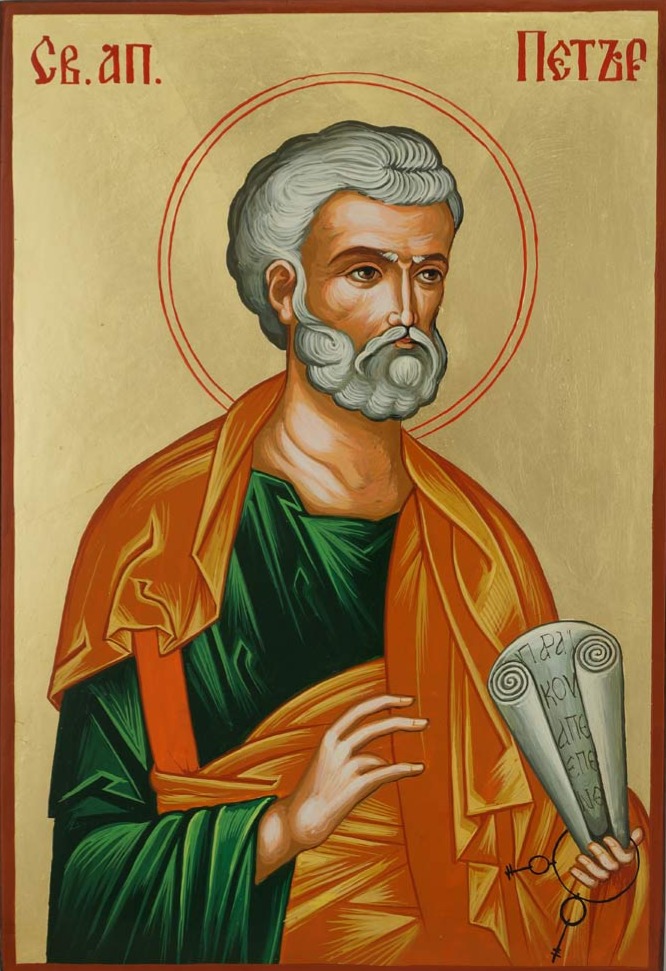
St. Peter the Apostle Antiochian Orthodox Church
Governing
Church Governing
All of Orthodoxy, including its governance, is based on Holy Scripture…the collective wisdom from Fathers of the Church (Tradition) and the decisions of the ecumenical councils. All three are considered to be informed by the Holy Spirit.
The first Council was held at about 50 AD, attended by the Apostle/Bishops to decide whether Gentile Christians were obliged to keep Mosaic Law of circumcision. Subsequent Bishops continued to meet in councils and produce canons, decisions which define the unity and nature of Christian belief.
The Council of Nicaea in 325 AD, for example, was held before the Church of Rome separated from Orthodoxy. They met in 325 AD, producing the Nicene Creed which rebutted a heresy circulating at the time and established the basic statement of faith for the Christian Church. Now, almost 2000 years later, this Creed remains the most universally affirmed confession of faith in Christendom.
There have been seven ecumenical councils, all creating canons which emphasize communion and fellowship as being the basic principle of church life. This focus on unity and fellowship has inhibited the growth of power among church hierarchy and enhanced the participation of the laity in church governance.
Who’s in charge
How a church governs itself reveals a lot about it. Does it follow the Apostolic model given us by the Apostles? Does it have a strong centralized government or limited government? Do laypeople have a role or is it run by a single preacher or group? What is the source of its oversight?
An Orthodox church is composed of laypeople and priests. Each church operates under the oversight of a bishop whose job it is to oversee the churches, or parishes, within his diocese or region. There is no higher authority in the Orthodox Church beyond the office of bishop…there is no Pope or ‘Papa’ in Orthodoxy. While some bishops may have the honor of being referred to as archbishop, metropolitan or patriarch, they are still regarded as ‘first among equals’.
The insistence of the Eastern Church on maintaining limited government contributed to its separation from the Church of Rome in the Great Schism of 1054AD.
Each church/parish within the Eastern Orthodox Church is self-governing under the oversight of its bishop who reports to no higher earthly authority. This form of church government has been in existence for 2000 years and is called autocephalous.